IELTS Writing Task 2 Band Scores 5 to 8 Explained: Improve Your Score Now
Struggling with Writing Task 2? Learn the key differences between Band 5 to Band 8, understand the marking criteria, & apply expert tips to improve your score. Master task response, coherence, vocabulary, & grammar, start practicing now!
Table of Contents

Try AI Essay Checker for Instant Band Score
IELTS Writing Task 2 is the second writing task and is worth around 66% of the total writing marks, as opposed to Task 1, which is worth around 34%. Both the IELTS General Training and IELTS Academic tests feature questions that are posed the same way in IELTS Writing Task 2.
In this task, you’ll have to write a 250-word essay within a 40-minute time limit. Your essay will be assessed based on four marking criteria, each contributing equally to your final score:
- Task Response – 25%
- Coherence and Cohesion – 25%
- Lexical Resource (Vocabulary) – 25%
- Grammatical Range and Accuracy – 25%
IELTS Writing Task 2 Band Score Descriptors
| Assessing Elements | Band 5 | Band 6 | Band 7 | Band 8 |
|---|---|---|---|---|
| Task response |
|
|
|
|
| Coherence & Cohesion |
|
|
|
|
| Lexical Response |
|
|
|
|
| Grammatical Range & Accuracy |
|
|
|
|
Watch this video to know how to Improve Your Writing Skills Immediately!
Overview on IELTS Writing Marking Criteria
1. Task Response
One aspect that the examiner will definitely be looking for is whether the issues mentioned in the question are fully addressed in your essay. Following are some tips to improve your task response:
1. Plan your key points
This is an important tip to remember. Don’t start writing your summary in a hurry. Spend a few minutes reading and understanding the question. After reading, start planning the key points that you want to add in your summary. This’ll help in not deviating and missing out the important points.
2. Stick to the word limit
It’s very important to stick to the given word limit. For writing task 2, the word count given is 250 words, which means your summary should be of at least 250 words. Remember, marks will be deducted if the word count is less than 250.
3. Address all the issues in the essay question
Make sure to read the question a few times to have an understanding of what is required. Once you’ve understood the question, make sure to address all the issues mentioned in the question, in your summary. The examiner will definitely be checking for the same.
Get our expert-curated IELTS Writing book with top tips and model essays. Buy now!
2. Vocabulary (Lexical Resource)
It’s very important to practice your IELTS vocabulary to use a variety of words and not make any spelling mistakes. Some tips are given below
1. Avoid spelling mistakes
It’s necessary to practice to Common spelling errors in IELTS and how to avoid them in the test. Making mistakes in spelling can lead to marks being reduced, that’s why you should practice, to be more confident during the test.
2. Range in vocabulary
Having a range in vocabulary basically means knowing how to use less common words in the right way. It also includes knowing how to use nouns and verbs correctly while writing. It’s important to focus on these factors to make your content more readable.
3. Using collocations correctly
Collocation is two or more words that are often said together. More often than not, between the two words, one of them will be a noun and the other will be a verb. Phrases like “make a decision” or “heavy traffic” sound natural. Learning these through reading and listening to native content will help.
4. Avoid using informal language or slang
While practising, you should try to pick up on a formal and respectful way of speaking and writing. Avoid, at all cost, using informal or slang language during this test. The task 2 requires formal, academic-style writing. Informal phrases and contractions (like "don't" or "gonna") should be avoided.
3. Grammatical Range and Accuracy
It’s important to remember that grammatical accuracy accounts for 25% of the total marks for the writing test. So make sure to focus on your control of IELTS Grammar, sentence structure, and punctuation.
1. Avoid basic grammatical errors
To avoid the basic grammatical errors in your content, you should focus on learning the difference between, verb, adverb, nouns, adjectives and so on. Make sure to understand what they mean and how they’re used.
2. Using punctuations correctly
Punctuation marks are basically language aids that help with the interpretation of the text. Punctuation marks are used everywhere in content, the most common ones being full stop, commas, and question marks.
3. Use the right verb tense
An important aspect of grammatical accuracy is knowing how to use the right verb tenses according to the context. There are three verb tenses, the past tense, which is used for things that have already happened, the present tense that is used for things that are currently happening, and the future tense, which is used to describe things that haven’t happened yet.
4. Coherence and Cohesion
While writing the summary you should make sure to follow the proper content structure and use the right linking devices according to the context. Some tips to follow are:
1. Follow a Clear Content Structure
One of the most important things to remember while writing the essay is to make sure you’re following the proper content structure, i.e you have to write 4-5 paragraphs. The first paragraph should be the introduction. After that, should be 2 – 3 body paragraphs, depending on how much you plan to write about it. Finally, the last paragraph should be the conclusion paragraph.
2. Organize the Content
The essay should consist of 4-5 paragraphs, so it’s essential to plan what to write in each one. The introduction should briefly outline the key points you’ll cover in the essay. Following that, the body paragraphs—either 2 or 3, depending on your structure—should address the main issues raised in the question. Finally, the conclusion paragraph should wrap up your argument and provide a clear summary of your key points.
3. Use a range of linking devices/ transition words
Linking devices are words used to help link sentences and paragraphs together so that the content is more readable and there is continuity while reading. Examples of transition words are ‘as’, ‘and’, ‘like’, ‘as well as’, ‘likewise’ and so on. Make sure to learn how to use these transition words in the right way.
Ace IELTS Writing Task 2! Join our exclusive webinar and get expert tips. Register now!
In summary, achieving a high score in IELTS Writing Task 2 requires a strong understanding of the marking criteria and the ability to demonstrate proficiency in task response, coherence and cohesion, vocabulary, and grammatical accuracy. Whether you're aiming for a Band 5, Band 6, Band 7, or Band 8, focusing on addressing all parts of the question, organizing your ideas clearly, using a wide range of vocabulary, and ensuring grammatical precision will greatly enhance your chances of scoring higher.
By practicing consistently and applying the tips provided, you can improve your writing skills and perform confidently in the exam. Remember, effective planning and revision are key—don’t hesitate to seek expert feedback and take practice tests to further boost your performance.
Also check:
- 21+ Tips On How to Improve Your IELTS Writing Band Score
- IELTS Band 9 Essay Samples: Writing Task 2 Tips for Target IELTS Score
- Free IELTS Practice Tests 2025 | Practice IELTS Mock Test Online
- Recent IELTS Topics in Writing Task 2 for 2025
- Common IELTS Essay Topics for Writing Task 2
- 6 Secrets to Have a Great Writing Essay
- Best IELTS Writing Task 2 Tips for Achieving Band 9
Practice IELTS Writing Task 2 based on Essay types

Start Preparing for IELTS: Get Your 10-Day Study Plan Today!
Explore other Writing Articles
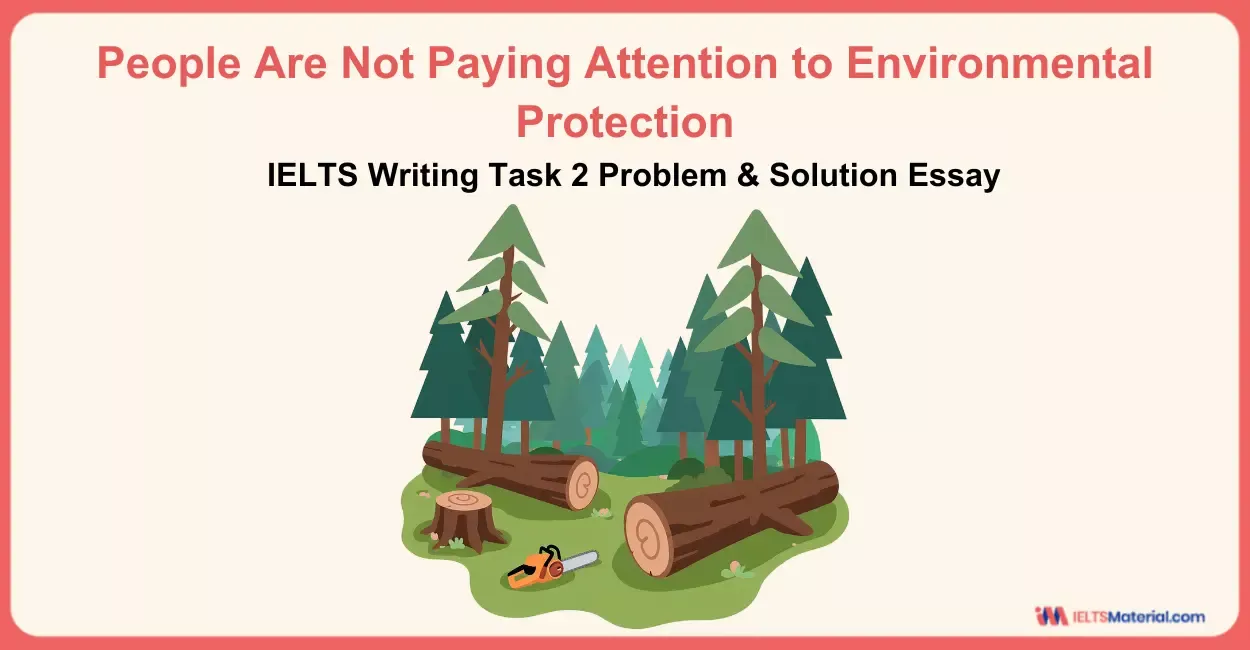
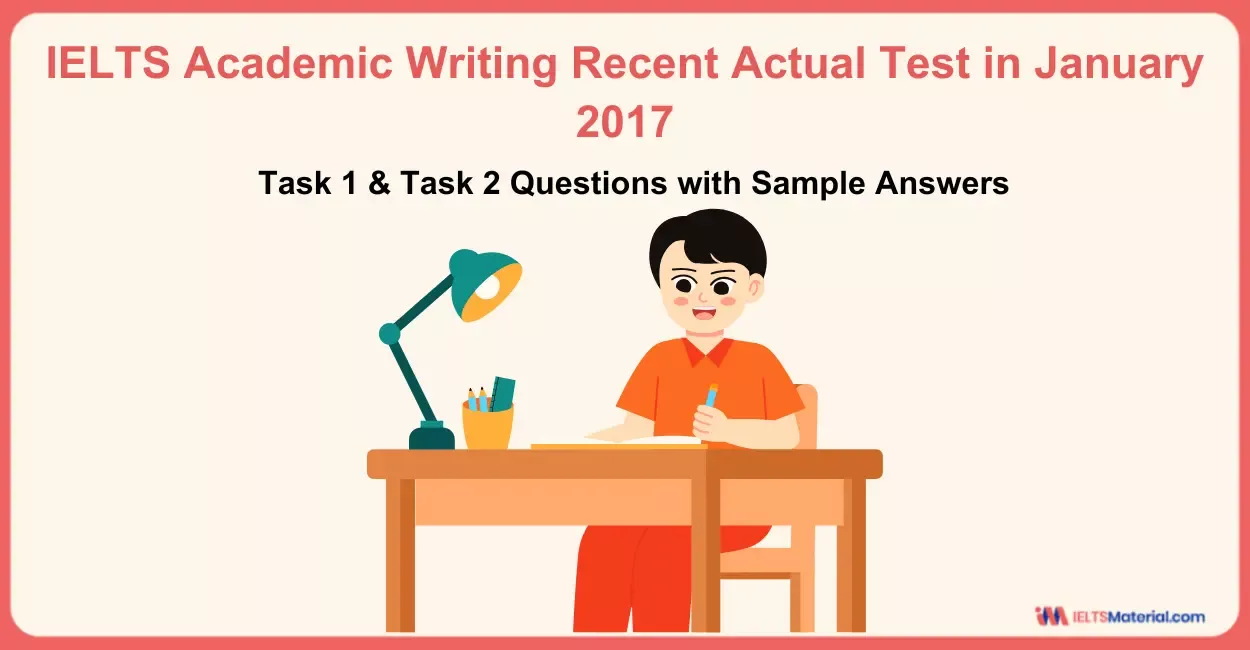
Recent Articles

Haniya Yashfeen
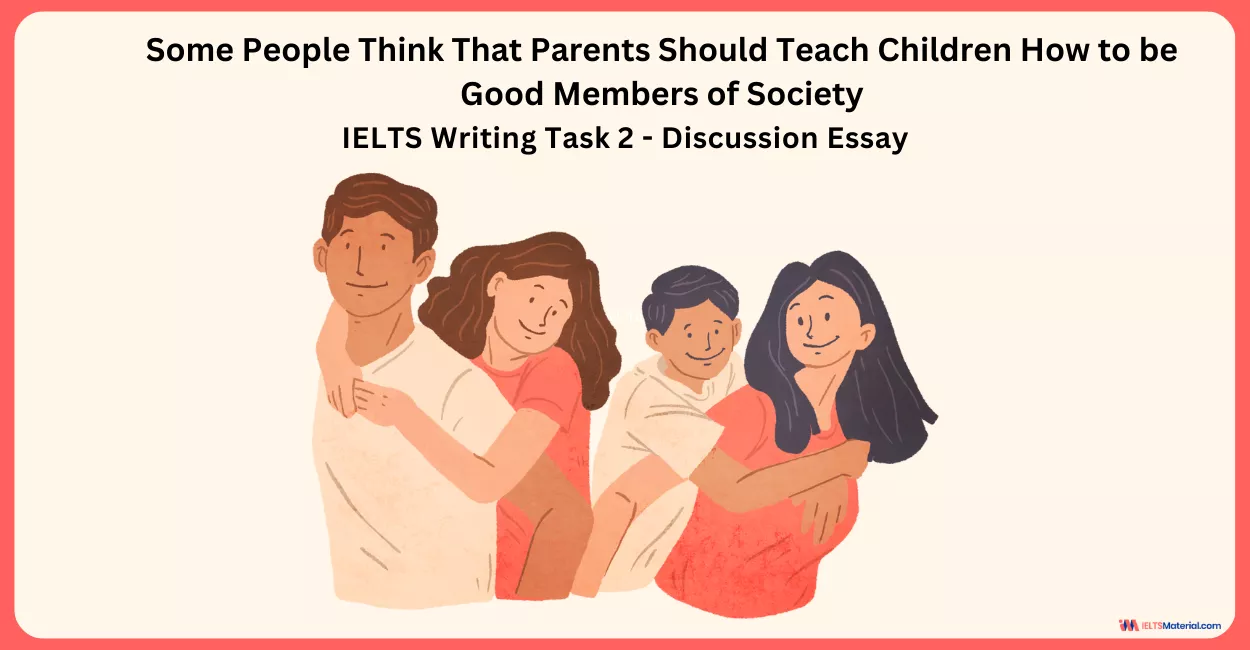

Prity Mallick

Kasturika Samanta


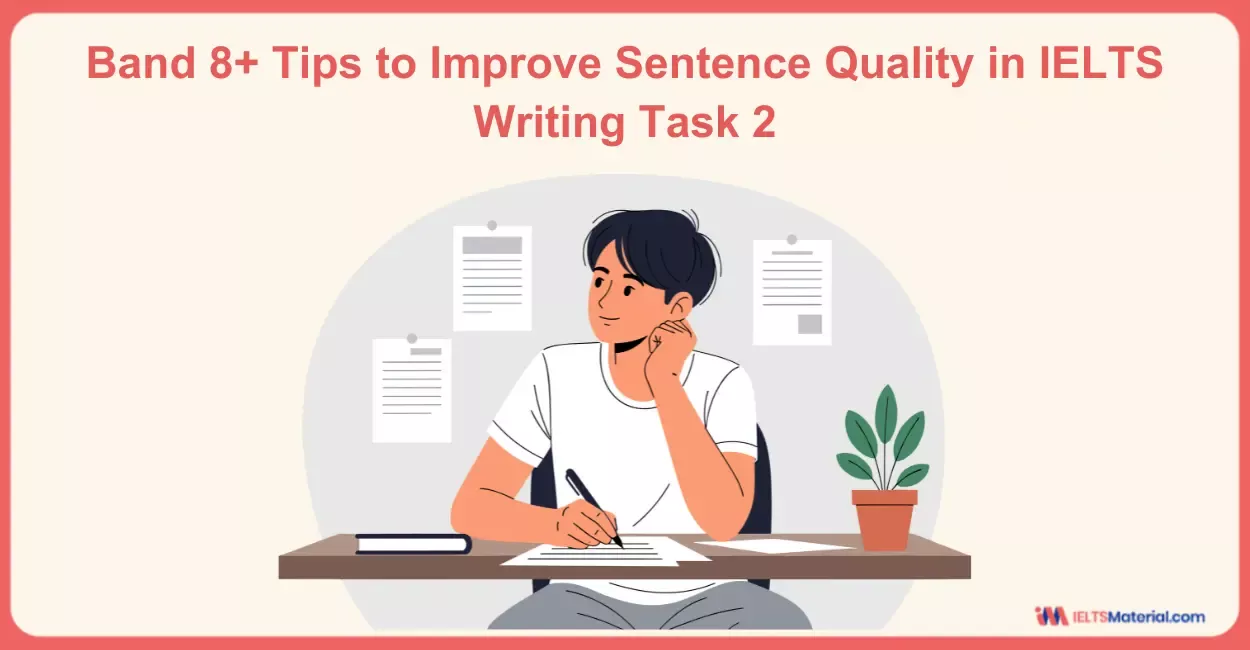
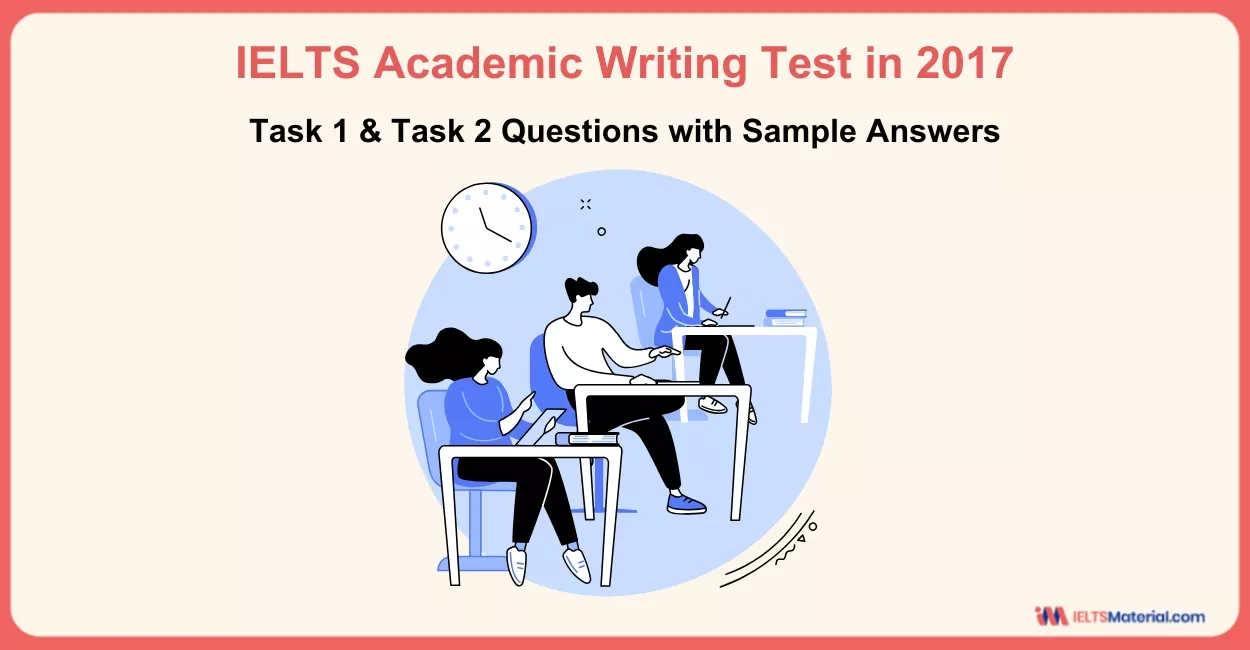


Post your Comments